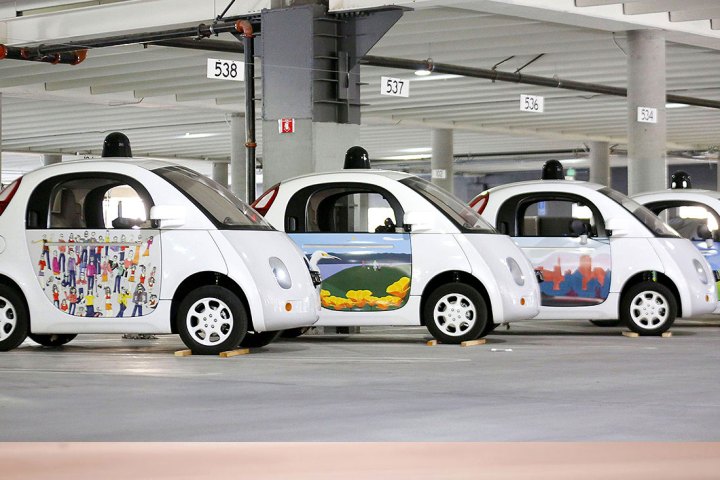
“The self-driving car project aims to improve people’s lives by transforming mobility and making it easier and safer for everyone to get around, regardless of their ability to drive,” the introduction to many of these jobs reads. “So far, we’ve self-driven over one million miles and are currently out on the streets of Mountain View, California and Austin, Texas.”
Available jobs include engineering positions related to motion control, displays, robotics, and sensors, and there are also managerial positions up for grabs, which would focus on operations, materials, and marketing. For a bit more context, a job post for a manufacturing process engineer notes that the individual would be responsible for “designing factory assembly stations, optimizing production floor layout, automating critical manufacturing processes and approving fixture designs used in the assembly of electronic modules for the self-driving car.”
On the other hand, whoever lands the manufacturing supplier quality engineer gig will have to create and approve “manufacturing inspection processes, equipment, tools gauges and fixtures for raw material, mechanical components and mechanical assemblies.” Sounds like serious stuff.
Speaking with the Guardian about the implications about this sudden hiring spike, Mark Stevens, a former plant manager for General Motors and now a project manager at the Centre for Automotive Research said, “Obviously, they are planning to scale up. But they are planning to stay with plastics, polymers or some sort of composite material.” This could be important, he says, as “Composites are typically not deployed on high volume vehicles,” according to Stevens. “And Google’s specifying of expertise in the accuracy and utilization of assets also implies lower volume production.”
So if you’re thinking about a career change, Google may be sending you a sign.


